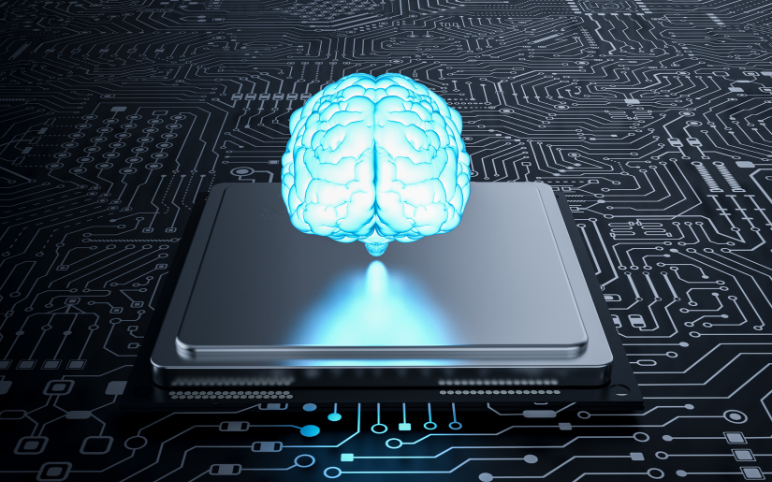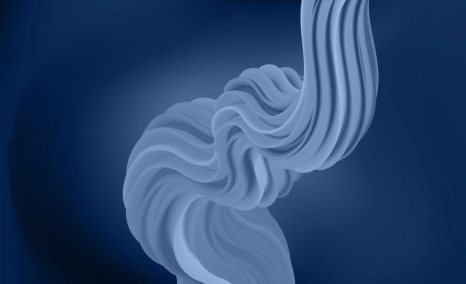Pulling the apoptotic trigger for necrosis
Jan 11, 2017
Apoptosis and necrosis are considered to be distinct modes of cell death; however, apoptosis can progress to secondary necrosis if apoptotic cells are not efficiently removed by phagocytic cells. Secondary necrosis was thought to be unregulated and to occur through passive cell swelling. However, research shows that secondary necrosis is another example of programmed cell death and that it is triggered by apoptotic stimuli. The amino-terminal portion of GSDMD oligomerizes and forms pores in the plasma membrane and thereby mediates necrotic cell death. The research found that a member of the gasdermin superfamily, DFNA5, is also a caspase target, but unlike GSDMD it is cleaved by caspase 3, the executioner caspase of the apoptotic pathway. Akin to GSDMD, this processing occurs at a single site (Asp270) and generates amino-terminal (DFNA5-N) and carboxy-terminal (DFNA5-C) portions of DFNA5. When DFNA5-N was ectopically expressed in human embryonic kidney 293T (HEK293T) cells, which do not express endogenous DFNA5, the cells showed morphological and biochemical features characteristic of necrotic cells. Expression of DFNA5 (but not the non-cleavable mutant) and concomitant induction of apoptosis in HEK293T cells generated DFNA5-N and induced secondary necrosis. The DFNA5-N fragment was also detected when apoptosis was induced in macrophages, which endogenously express DFNA5.
Downloads
Click Here To Get the Article in PDF
Recent Articles
- Snippet
- Interoperability Solutions in Healthcare – Evolving Market Dynamics and Improving Health Ou...
- Boston Biomedical starts phase III; Martindale receives approval; Merck snagged yes; Nanotechnolo...
- Small interfering RNA (siRNA) Therapeutics
- Biochips: An Evolving Technology Driving the Future of Healthcare Market




